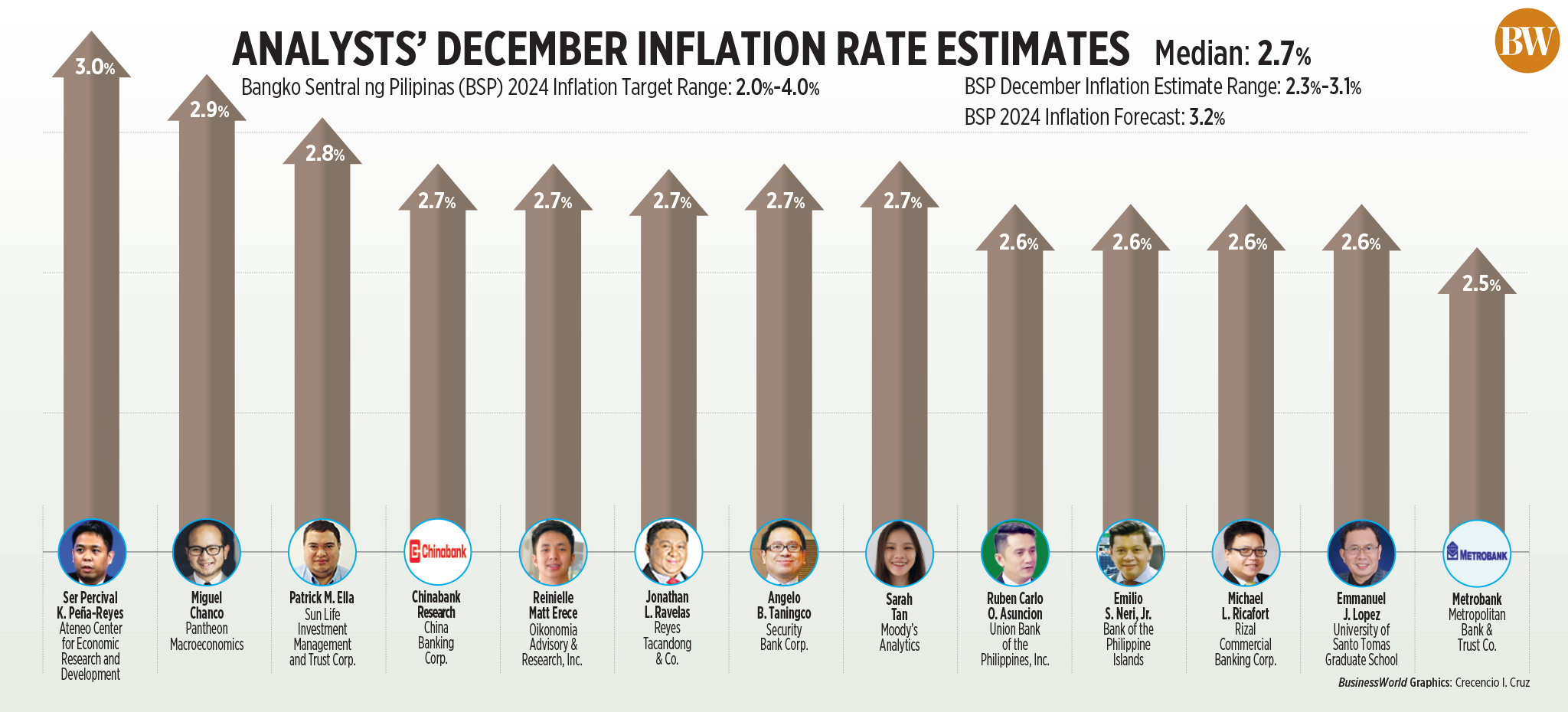As the adoption of fully electric vehicles (EVs) progresses gradually in India, hybrid cars have seen steady growth, recording a 7 per cent increase in 2024. This growth, driven by new launches from leading manufacturers, underscores the growing market acceptance of alternative fuel vehicles.
According to Vahan data, hybrid passenger vehicle sales, which include diesel hybrids, petrol hybrids, plug-in hybrids, and strong hybrids, grew to over 3.55 lakh units in 2024, up from 3.32 lakh units in 2023. Of these, petrol hybrid models dominated the segment with sales of about 2.94 lakh units, compared to 3.29 lakh units the previous year.
- Read also: Major car makers led by Maruti Suzuki end 2024 with better sales in December
Plug-in hybrid models registered sales of 41 units in 2024, a notable development as there were no sales in this category the previous year. Strong hybrid vehicles also made a significant debut, recording over 56,000 units in 2024. Meanwhile, diesel hybrid volumes grew to over 5,200 units, up from 2,423 units in 2023.
Maruti Suzuki and Toyota together accounted for 96 per cent of hybrid car sales in 2024. While Maruti Suzuki retained its leadership in the segment, its hybrid vehicle sales declined to approximately 2.36 lakh units in 2024, down from about 2.52 lakh units in 2023.
However, Toyota reported a notable increase, with its hybrid sales crossing the one-lakh mark, reaching 1.05 lakh units in 2024, up from around 71,000 units in 2023. This growth was fueled by the introduction of new models.
- Read more: EV sales reach close to two million in 2024; e2Ws post growth of 34%
Toyota’s hybrid lineup features the HyCross, Hyryder, Vellfire, and Camry Hybrid, while Maruti’s offerings currently include the Grand Vitara and Invicto.
Interestingly, luxury car market leader Mercedes-Benz secured the third position in hybrid sales, more than doubling its volumes to over 11,000 units in 2024, compared to about 5,500 units in 2023.
Industry experts and analysts anticipate that hybrid vehicles will gain broader acceptance and play a vital role in transitioning from internal combustion engines (ICE) to the EV era. Hybrids are increasingly seen as a transitional solution, offering fuel efficiency while alleviating concerns about range anxiety due to the limited availability of charging infrastructure.
According to a recent S&P Ratings report, hybrid vehicles and CNG-powered cars are expected to command a significant share of the light-vehicle and passenger commercial vehicle markets, alongside EVs, as the industry moves toward sustainable mobility solutions.







Leave a Comment